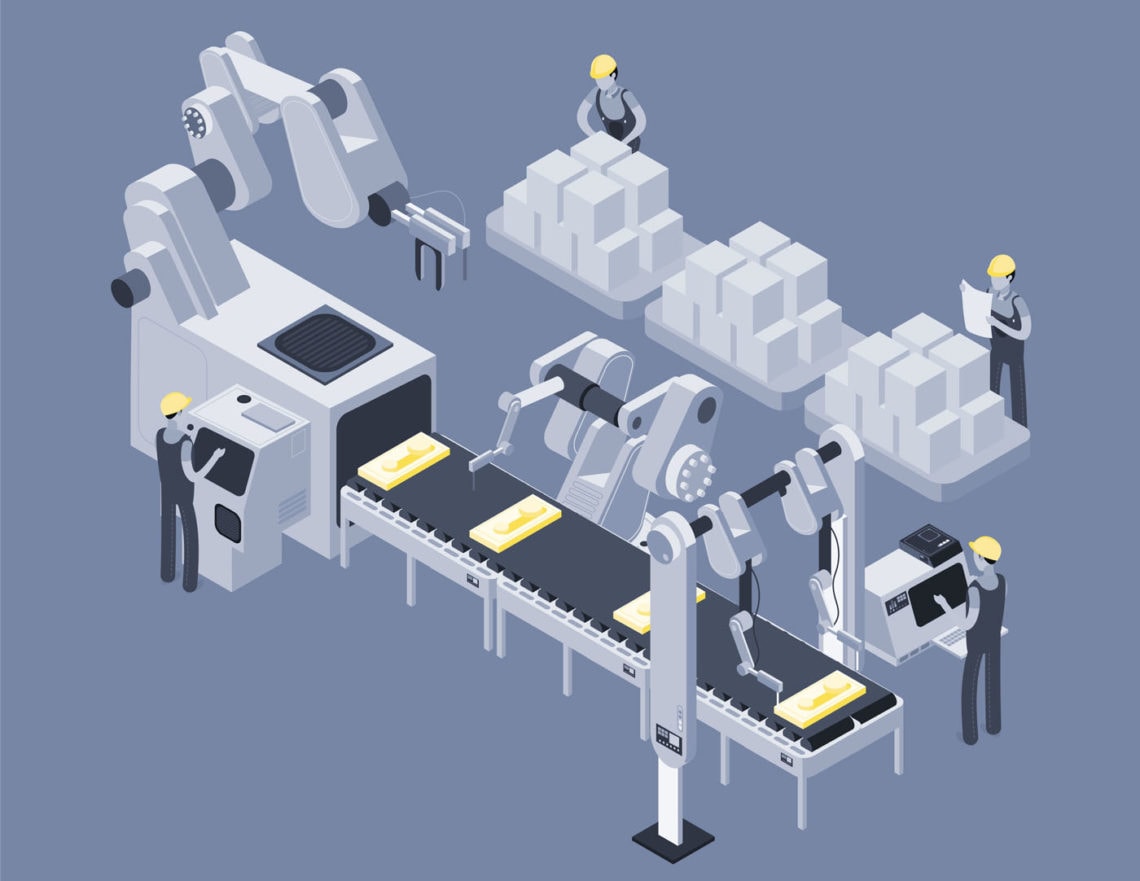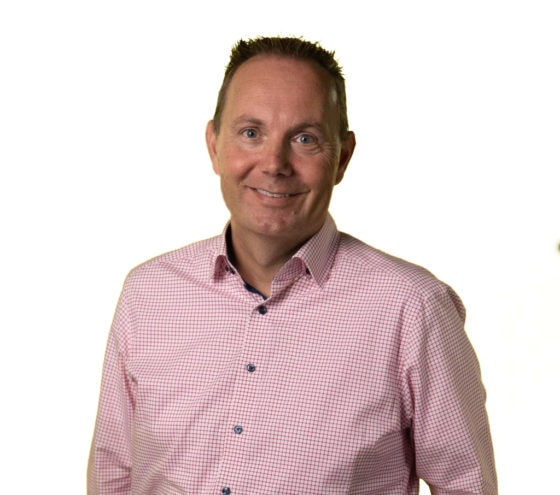
Part 1: Manufacturing in 2022: Building Business Resiliency and Funding Innovation, an Interview with Bas Ursem
How does a global manufacturer manage the impact of a global crisis? Bas Ursem, vice president, global IT at Kraton Corporation, a manufacturer of biobased chemicals and specialty polymers, paved a smart path to help his organization survive — and grow — in the face of industry disruption.
Like many manufacturing IT leaders, Ursem had to manage supply chain issues, enable remote workforces, and maintain operations – while staying competitive. He sat down with Rimini Street to discuss his strategy and tactics for keeping the lights on while investing in digital, security, and automation.
“The key to success is the ability to define a strategy and then implement it to enjoy the fruits of the labor.”
— Bas Ursem, vice president, global IT
Kraton Corporation
Question 1: There are some significant disruptions in global supply chains these days. What is the impact to Kraton Corporation?
Bas Ursem: “It is now very difficult to get the raw materials that go into our products.” 
“Like many other manufacturers, we use trucks and vessels to move products around the world and then to our customers. While the shortage of truck drivers had been an issue even before COVID-19, we’ve seen that the pandemic made the issue a truly global one, and it became much worse. It is now very difficult to get the raw materials that go into our products. The good news for us is that we have fantastic colleagues in supply chain and procurement that allow us to generate the growth that we’ve shown so far in 2021.”
Q2: How are you managing to shift budget priorities to optimize spend and fund the future? What are your top spending priorities and why?
BU: “We continue to invest in our digital workplace, security, and additional automation where it makes sense.”
“I’m a strong believer in self-funding your IT innovation. We do that by being hyper-focused each year, to see where we can do things differently or stop doing things that no longer add value, and to save money in our operating expenses. What I’ve learned in my role at Kraton is there are lots and lots of opportunities to go after, and an annual reduction of ERP spend is definitely achievable.
When I speak to my peers in the industry about what we’ve achieved in the past few years at Kraton, I learn how much money is left on the table. It’s a part of your job and when you deliver, the CFO will notice. This increases your credibility so it’s easier to get capital funds for investments.
We continue to invest in our digital workplace, security, and additional automation where it makes sense. I realize that AI and ML are the big buzz words, and we implement this where it makes sense. I define ‘makes sense’ as where we have well-defined processes and quality data. To me, these are key for each technology project.”
Q3: Protecting budget and decreasing costs amidst industry-wide disruption is key. What are some best practices or strategies you have in place around cost avoidance?
BU: “… Scaling down is something that is a lot harder to accomplish than it seems.”
“Always challenging yourself to see where you can save is key and needs to be a well-developed muscle. Challenge the status quo to see which expenses are still needed and which must be sourced the way you have them sourced now. Another thing to consider is creating flexibility in your contracts.
We know that scaling up is never a problem, but scaling down is something that is a lot harder to accomplish than it seems. How you respond to disruptive change is key and can save you a lot of money. We’ve hired a special firm to help us with this. IT spend and sourcing strategies are a niche, and for the average manufacturing company with $1B-$3B in revenue, it’s not economical to have these skillsets in legal and procurement.”
Q4: How has Rimini Street’s unified software support helped you optimize and evolve your service delivery?
BU: “We’re getting much more value out of it.”
“As part of our ERP strategy review, we concluded that we wouldn’t be going to the latest and greatest anytime soon and that such a move in the future would be a net-new purchase. As such, we looked at our current landscape (we have low customization and are on the latest support packs) to see what value we got out of our current support and maintenance agreement.
We decided to tender this support, signed a deal with Rimini Street, and are very happy with the support we’re getting. Once the team got used to it, the feedback has been that support is better than before. We’re getting much more value out of it.”
Q5: How are you leveraging new technologies to increase speed-to-market and differentiate from the competition? What are the roles of big data, AI and ML, and IoT in product development, design, and distribution?
BU: “The key is that you need staff that understand your business processes, understand that data and how it can solve your problems.”
“I believe that the ultimate goal of each company is to use data to make better and faster decisions in many different business areas. However, I also see that a lot of IT companies use the new buzz words. It seems that everyone has ‘out-of-the box dashboards with AI and ML capabilities, plug and play, it’s all cloud so you don’t need IT.’ And yes, many people believe this story. Even my kids would tell you, ‘If it sounds too good to be true … ’
The key is that you need staff that understand your business processes, understand that data and how it can solve your problems. If you have solved that, then you can look to see if there’s a business case to use technology that leverages AI and ML to enhance your processes.”
Ursem joined other executives from Cisco, Hillrom, and Visteon Corporation for the Manufacturing in 2022: Building Business Resiliency and Funding Innovation event. Watch this moderated, thought leadership panel discussion for a sneak peek into how these IT leaders are laying the foundation for their future.